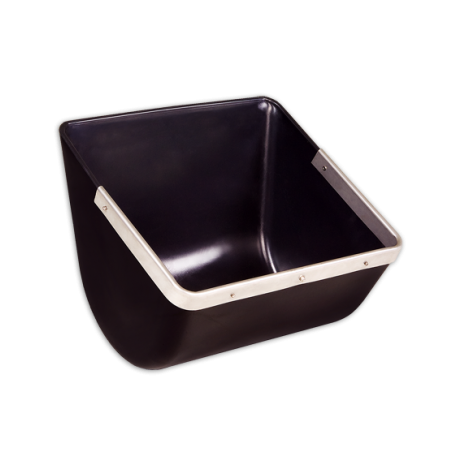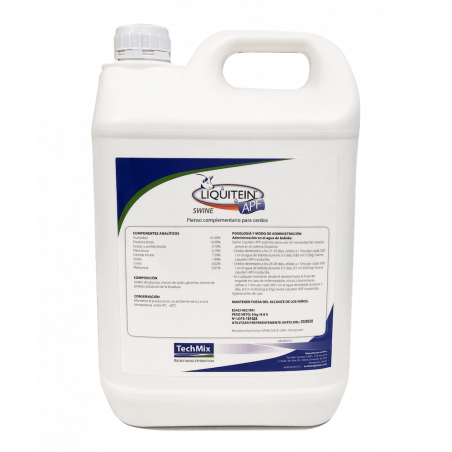In the swine industry, sows have been subjected to intensive breeding programs to improve their reproductive performance. As a consequence, these animals have experienced an increase in susceptibility to stressors like heat. However, it has been studied that the addition of fiber to the diet may become a suitable option to modify the behavior and physiological health of animals. This study evaluated the effect of acid detergent fiber levels on reproductive performance, intestinal integrity, and metabolism of gestating sows, and its carry-over effect on the lactation period during heat stress. The experiment was conducted in two summer months and room temperature and relative humidity were recorded. Thirty-six multiparous sows were used and were distributed evenly based on parities and body weight between three treatments (12 sows/treatment) on day 90 of gestation. The treatment diets included 4.3% (low fiber), 5.4% (medium fiber), and 6.5% (high fiber) acid detergent fiber. The standard litter trait, body weight, and backfat thickness of sows were measured. In addition, apparent total tract digestibility, hair cortisol, fecal metabolites, RNA of placenta were measured.
Sows fed the high fiber diet showed a lower respiratory rate, hair cortisol concentration, and farrowing duration compared with the low fiber treatment. The high fiber diet increased the pyruvate, citrate cycle, glyoxylate, dicarboxylate, and thiamine metabolism compared with the medium fiber. The concentration of acetate and total short-chain fatty acids were increased in the sows fed the high fiber diet. The gene expression of glucose transporter 3 and glucose transporter 4 was increased in the high fiber treatment. The gene expression of heat shock protein 70 was decreased in the high fiber treatment. The high fiber diet during gestation increased feed intake, constipation index, piglet weight, and litter weight compared with the low fiber. Sows in the low fiber treatment showed the greatest digestibility of crude protein and the lowest digestibility of acid detergent fiber.

In conclusion, a 6.5% dietary acid detergent fiber could decrease the adverse effects of heat stress during the gestation period. Furthermore, effects during the gestation period were reflected in the lactation period by improving feed consumption, reproductive performance, and litter growth.
Oh S, Hosseindoust A, Ha S, Moturi J, Mun J, Tajudeen H, Kim J. Metabolic Responses of Dietary Fiber during Heat Stress: Effects on Reproductive Performance and Stress Level of Gestating Sows. Metabolites. 2022; 12(4): 280. https://doi.org/10.3390/metabo12040280









